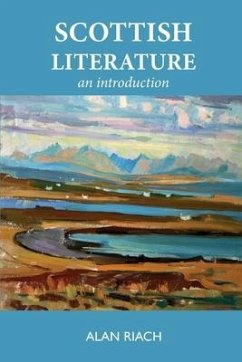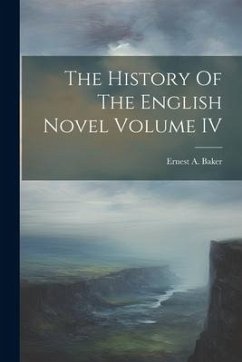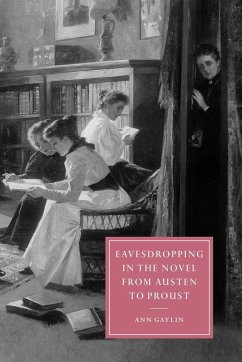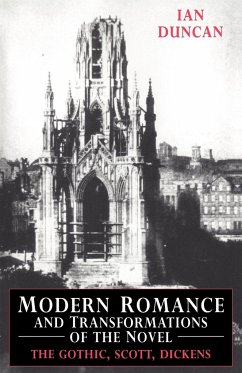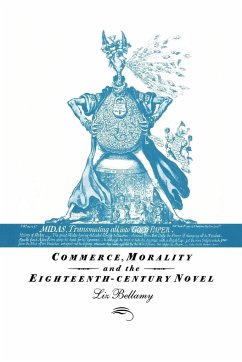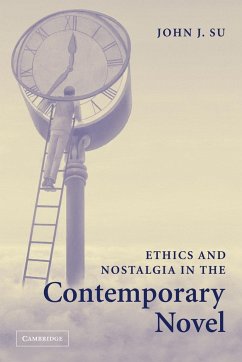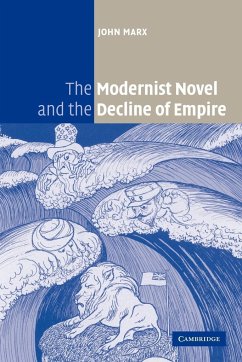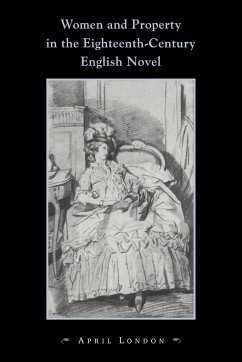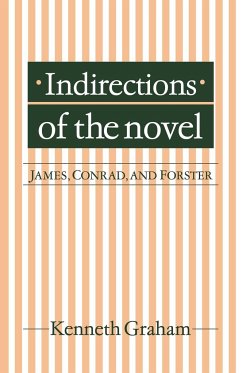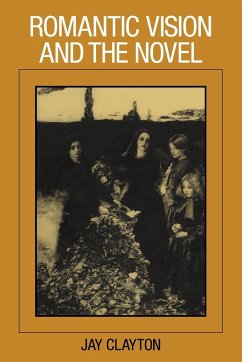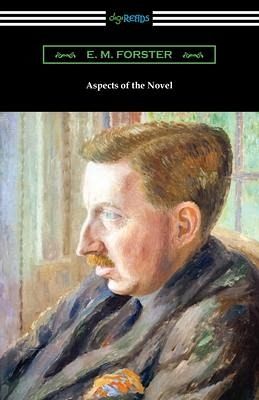
Aspects of the Novel
Versandkostenfrei!
Versandfertig in über 4 Wochen
10,99 €
inkl. MwSt.
Weitere Ausgaben:

PAYBACK Punkte
5 °P sammeln!
First published in 1927, E. M. Forster's "Aspects of the Novel" compiles a series of lectures given to Trinity College at the University of Cambridge in that same year. By utilizing examples from other classic works Forster puts forward a standard theory on the writing of fictional prose. The book takes turns tackling the issues of story and plot, character, fantasy, prophecy, pattern and rhythm in the writing of novels; the elements which Forster asserts as essential to successful writing. Critics of the work, many who are successful novelists in their own right, including W. Somerset Maugham...
First published in 1927, E. M. Forster's "Aspects of the Novel" compiles a series of lectures given to Trinity College at the University of Cambridge in that same year. By utilizing examples from other classic works Forster puts forward a standard theory on the writing of fictional prose. The book takes turns tackling the issues of story and plot, character, fantasy, prophecy, pattern and rhythm in the writing of novels; the elements which Forster asserts as essential to successful writing. Critics of the work, many who are successful novelists in their own right, including W. Somerset Maugham and Virginia Woolf, have heaped varying degrees of praise upon the "Aspects of the Novel". There are many books on the subject of writing, but few that have been penned by authors as successful at the enterprise as E. M. Forster. Any aspiring author would be wise to add this work to their library of works on the subject of writing, for even if it may not hold the ever elusive secret to great writing it provides an invaluable perspective into the process from one of English literature's greatest novelists. This edition is printed on premium acid-free paper.




